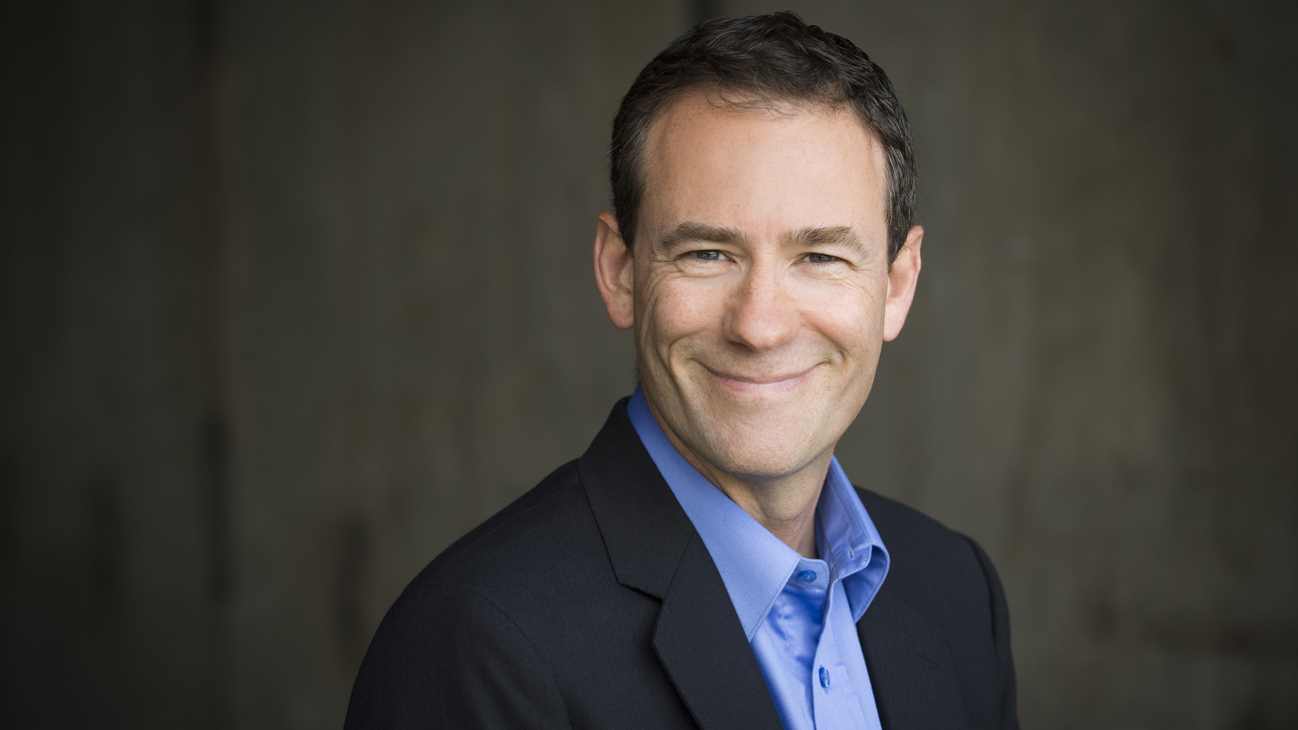Financial Journalist and Bestselling Author Bruce Sellery is on a mission to help people get a handle on their money so they can live the life they want. In his talks, Bruce is an essential guide for those who could use a spoonful of sugar when it comes to the medicine of managing their money. Sellery also writes regularly on ways we can improve the way we work with money.
In a recent column for MoneySense, Sellery says Canadians are letting too much of their money get eaten away by being exposed to inflation as cash. He highlights three reasons why in his post below:
You spent decades scrimping and saving to build up your retirement nest egg. And yet a lot of Canadians let inflation eat into their precious portfolio by leaving too much of it exposed, in cash.
Sure, there is a role for some cash. You’ll want to keep some accessible for household emergencies. And, in your portfolio, you might want some to use to take advantage of investment opportunities that pop up. But excessive amounts, sitting for long periods of time without a purpose, can cost you big time.
It is called a “cash drag.” Cash earns virtually nothing these days, so it drags down the performance of your portfolio. Let’s say you hold $50,000 in cash in your investment account, over and above what you have in your savings account for emergencies. If, instead, you had invested that money and earned a 5% return for 30 years you’d have $220,000 in your account. That’s $170,000 more, just by avoiding a lazy mistake.
Why this happens
There are three main reasons why some investors hold too much cash. The first is a lack of knowledge. They simply don’t know that holding money under a metaphorical mattress can be a real drag on their portfolio. Hopefully the example above brings you up to speed.
The second reason is temperament. Some people are very, very risk averse. They feel better having a stash of cash, just in case. That conservatism (or fear, perhaps) might come from experience – a job loss, death, divorce, or income instability. Or it might be a personality trait found in other areas of life too.
And the third reason why some investors hoard cash is Netflix. Wait. I mean. Inertia. They saved the money but just don’t have the time, energy or interest to then put all that money to work. There are movies to watch. They just don’t get around to it. The RRSP contribution sits there. The bonus from work sits there. The dividend income sits there. In cash. Doing nothing. I’m not judging. I totally get it. I am the same when it comes to any task around the house that requires me to be handy. I’d rather just watch Netflix.
Put your cash to work
The first thing you need to do to fix your cash-hoarding problem is to determine how much you should have —for emergencies and in your portfolio.
Some experts recommend an emergency fund equal to six months’ income if you’re still working —and more if you’re not. But that might be excessive if you have a spouse who works, or access to a low interest line of credit, a secure job, or a secure pension. Consider your life stage – still working or in retirement – and how much money you spend. Then set aside an amount to cover you if something happens to your income, or if you’re hit with a sudden and surprising expense.
After you’ve set aside cash for emergencies, consider how much cash you want in your portfolio. The answer depends on your investment plan. If you’re a sophisticated investor, you might carry a bigger cash balance to allow you to swoop in when opportunity calls. Perhaps you’re waiting for a housing market correction to buy investment property, or you’re expecting the stock market to pull back at which point you’ll going on a buying spree.
But if you’re more of a “Couch Potato” investor who isn’t trying to time the market, you might choose to hold very little cash in your portfolio. You’d just set an asset allocation of equity and fixed income and then just put your cash to work periodically according to a pre-set ratio for types of assets. It might stress you out to do that, especially when markets are volatile, but having strong discipline might be just what you need.
“Cash is king”, as the saying goes. But we don’t live in a monarchy. So take a minute to reconsider the role that cash plays in your portfolio. And if you’re hoarding too much, take the steps to put it back to work.

